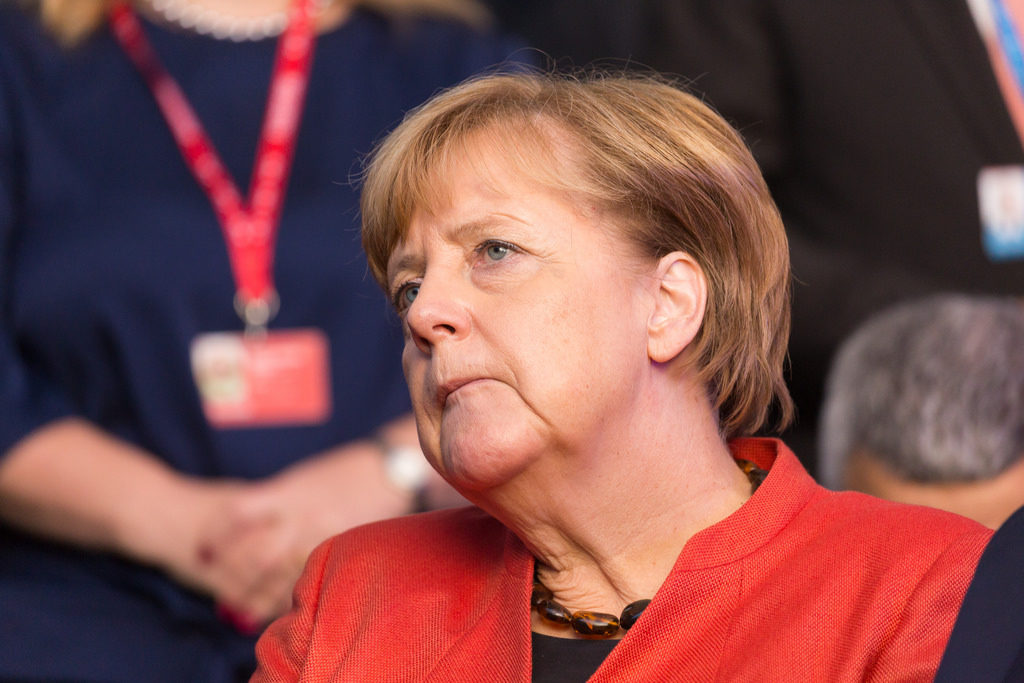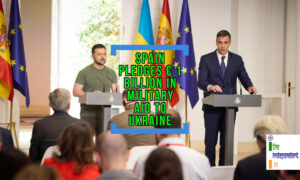
Angela Merkel the incumbent Chancellor of Germany had been forced to seek an alliance with an smaller parties after the ballot left her short of majority. But following more than a month of gruelling negotiations, there seems to be no headway in the possibility of forming a government resulting in uncertainties not seen post world war II.
The crashed to a two-month low against the yen on news Democrats (FDP) have pulled out of negotiations. Although the currency recovered late in the day
5 things people in markets are talking about today https://t.co/0kTX9I5Aqw pic.twitter.com/a2mbEkN7DT
— Bloomberg (@business) November 20, 2017
French President who was seeking Merkel’s backing for an EU reform plan, expressed concern about Germany’s political deadlock. He said he hoped Berlin would remain a “stable and strong” partner to allow the two partners to “move forward together,” his office said in a statement.
While Merkel faces criticism for her foreign policy specially immigration which has let in more than one million asylum seekers since 2015, in her three terms, as Chancellor of Germany, she has led the nation as the strongest economy in the Europe.
The chancellor was holding talks with the FDP, which secured 10.7 percent of the votes in September, and the Greens, which scored 8.4 percent in the vote, to form a coalition government.
Germany will now – most likely go through another election season. However, even that will not guarantee a majority for any party. The uncertainties, therefore can linger on for a longer period.
As he world watches one of the many dramas In modern divided democracies, the stake are higher than ever.







